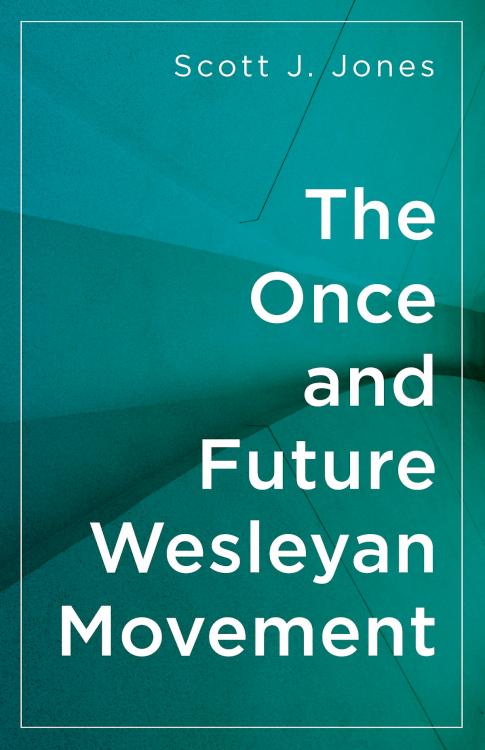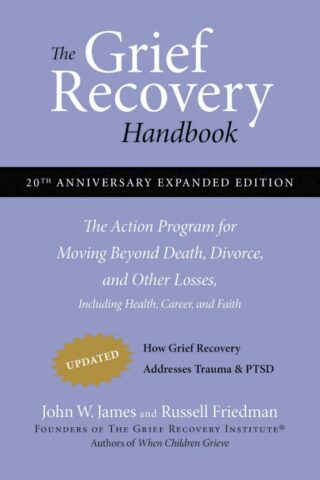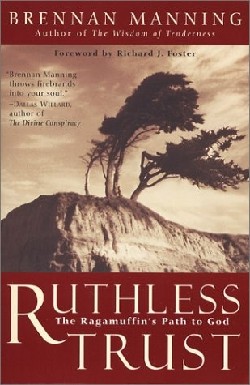Once And Future Wesleyan Movement
$20.99
Jones argues that several unique factors remain available to The United Methodist Church today from the period of rapid growth between 1800 and 1840. Drawing on the image of Loren Mead’s Once and Future Church and Moises Naim’s analysis in The End of Power, Jones argues that a viable future for United Methodism is to recapture the dynamism of being a movement, with many of the characteristics of early 19th century Methodism coming to the fore. It will draw on three key works about Methodism in the first half of the 19th century: Nathan Hatch’s Democratization of American Christianity, John Wigger’s Taking Heaven by Storm, and Gregory Schneider’s The Way of the Cross Leads Home. The book talks about how the Wesleyan form of church contains important resources for the future of Christianity. It focuses on the United States and the first half is broadly applicable to all denominations in the Wesleyan tradition. The last half of the book discusses obstacles that are currently preventing the United Methodist Church from achieving its potential. It closes with a hopeful vision of what a renewed United Methodism might look like.
in stock within 3-5 days of online purchase
SKU (ISBN): 9781501826900
ISBN10: 1501826905
Scott Jones
Binding: Trade Paper
Published: November 2016
Publisher: Abingdon Press
Print On Demand Product
Related products
-
Grief Recovery Handbook (Anniversary)
$17.99Newly updated and expanded to commemorate its 20th anniversary-this classic resource helps people complete the grieving process and move toward recovery and happiness
Incomplete recovery from grief can have a lifelong negative effect on the capacity for happiness. Drawing from their own histories as well as from others’, the authors illustrate how it is possible to recover from grief and regain energy and spontaneity. Based on a proven program, The Grief Recovery Handbook offers grievers the specific actions needed to move beyond loss.
New material in this edition includes:
How to choose which loss you should work on first
How to deal with growing up in an alcoholic or otherwise dysfunctional home
Loss of faith
Loss of career
Loss of health
And much, much more.Add to cart7 in stock (additional units can be purchased)
-
New Kind Of Christianity
$16.99After the hailstorm of controversy stirred up by the hardcover, we hope the paperback release keeps the debate going. One of the most innovative Christian voices today and author of the controversial A New Kind of Christian faces head-on the questions that will determine the shape of the faith for the next 500 years.
Add to cart1 in stock (additional units can be purchased)
-
Ruthless Trust : The Ragamuffins Path To God
$14.99We are made for the love of God, and nothing less will ever satisfy us. In his acclaimed bestseller, The Ragamuffin Gospel, Brennan Manning showed us the powerful truth that the divine gifts of love is ever present for us regardless of the state of our lives. Now in this challenging sequel, he turns to our primary obstacle to living fully within this divine love — the lack of “ruthless trust.”
Through rich stories and deep insights, Manning shows us how true and radical trust can transform everything in our lives. No matter where we are on our path of discipleship, he offers encouragement to shed the limitations of fear, shame, and doubt through complete reliance upon God. The way of Ruthless Trust is not an abstract theory; it is that very practical and demanding path that each of us must follow in response to God’s love.
Add to cart1 in stock (additional units can be purchased)
















Reviews
There are no reviews yet.